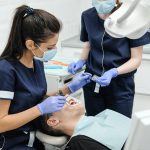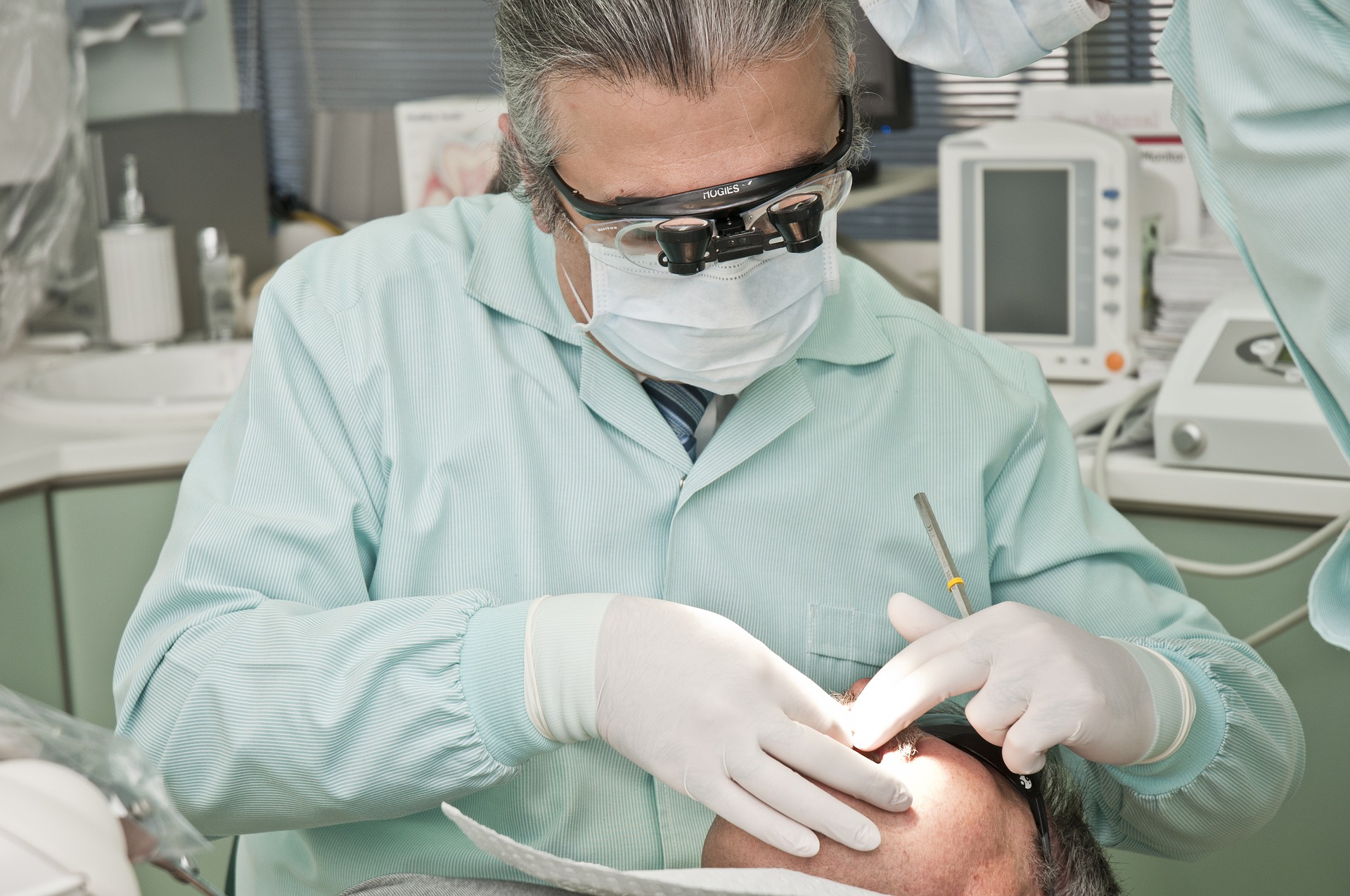Rosacea: Understanding and Treating Facial Redness
Rosacea is a common skin condition that affects millions of people worldwide. Characterized by persistent facial redness, visible blood vessels, and sometimes acne-like breakouts, rosacea can significantly impact self-confidence and quality of life. While there’s no permanent cure, advancements in skincare and dermatology have made managing rosacea more effective than ever.
This article explores what causes rosacea, its symptoms, and the best treatment for rosacea and irritation.
What is Rosacea?
Rosacea is a chronic inflammatory skin condition that primarily affects the face. It often begins with episodes of facial flushing or blushing, which over time can develop into persistent redness. In more severe cases, small red bumps, enlarged pores, and thickened skin may occur, particularly around the nose.
Rosacea typically affects adults over the age of 30 and is more common in individuals with fair skin. However, it can also occur in people with darker skin tones, often presenting as areas of persistent discoloration.
What Causes Rosacea?
The exact cause of rosacea is unknown, but several factors contribute to its development, including:
- Genetics: A family history of rosacea increases the likelihood of developing the condition.
- Dysfunction of Blood Vessels: Issues with facial blood vessels can lead to prolonged redness and visible veins.
- Triggers: Lifestyle and environmental factors like sun exposure, hot or spicy foods, alcohol, stress, and extreme temperatures can worsen rosacea symptoms.
- Demodex Mites: These microscopic mites, which naturally live on the skin, may play a role in triggering rosacea in some individuals.
Common Symptoms of Rosacea
Rosacea symptoms can vary but often include:
- Persistent redness on the central face (cheeks, nose, chin, and forehead).
- Visible blood vessels (telangiectasia).
- Small red bumps or pustules resembling acne.
- Burning or stinging sensations.
- Thickened skin, particularly around the nose in advanced cases (rhinophyma).
- Irritated, watery eyes in some cases (ocular rosacea).
Treatment Options for Rosacea
Managing rosacea requires a combination of medical treatments, skincare, and lifestyle changes. Here are the most effective options:
1. Topical Medications
- Brimonidine (Mirvaso) and Oxymetazoline (Rhofade): These prescription creams reduce redness by constricting blood vessels.
- Metronidazole and Azelaic Acid: Anti-inflammatory and antibacterial creams that help calm irritation and reduce bumps.
2. Oral Medications
- Antibiotics: Low-dose doxycycline is commonly prescribed to reduce inflammation.
- Isotretinoin: Used in severe cases of rosacea with acne-like symptoms.
3. Laser and Light Therapy
- IPL (Intense Pulsed Light): Targets visible blood vessels and reduces redness.
- Pulsed-Dye Laser (PDL): Effective for treating broken capillaries and reducing persistent redness.
4. Skincare for Rosacea-Prone Skin
- Gentle Cleansers: Use sulfate-free, non-foaming cleansers that won’t irritate the skin.
- Moisturizers: Choose fragrance-free and hydrating products to strengthen the skin barrier.
- Sunscreen: Broad-spectrum SPF 30 or higher is essential to prevent sun-induced flare-ups. Look for physical sunscreens with zinc oxide or titanium dioxide.
- Soothing Ingredients: Products with niacinamide, ceramides, or colloidal oatmeal can help reduce redness and calm irritation.
5. Lifestyle Modifications
Identifying and avoiding triggers is crucial for managing rosacea. Keep a journal to track flare-ups and avoid common triggers like:
- Sun exposure: Wear a wide-brimmed hat and use sunscreen daily.
- Spicy foods and alcohol.
- Extreme temperatures: Protect your skin from wind and cold.
- Stress: Incorporate stress-reducing activities like yoga or meditation.
Innovative Treatments on the Horizon
Emerging research into rosacea offers hope for new and improved treatments. Recent advancements include microbiome-based therapies to balance the skin’s natural flora and targeted therapies to address inflammation at a deeper level.
Caring for Your Skin, Caring for Yourself
While rosacea can be frustrating, the right combination of treatments, skincare, and lifestyle adjustments can significantly reduce symptoms and improve your confidence. Consulting with a dermatologist is the best first step to developing a tailored treatment plan.
Remember, managing rosacea isn’t just about reducing redness—it’s about feeling comfortable and confident in your own skin. With the right care and support from MyCaptiva Skin Care, you can achieve healthier, calmer skin and embrace life with renewed self-assurance.





